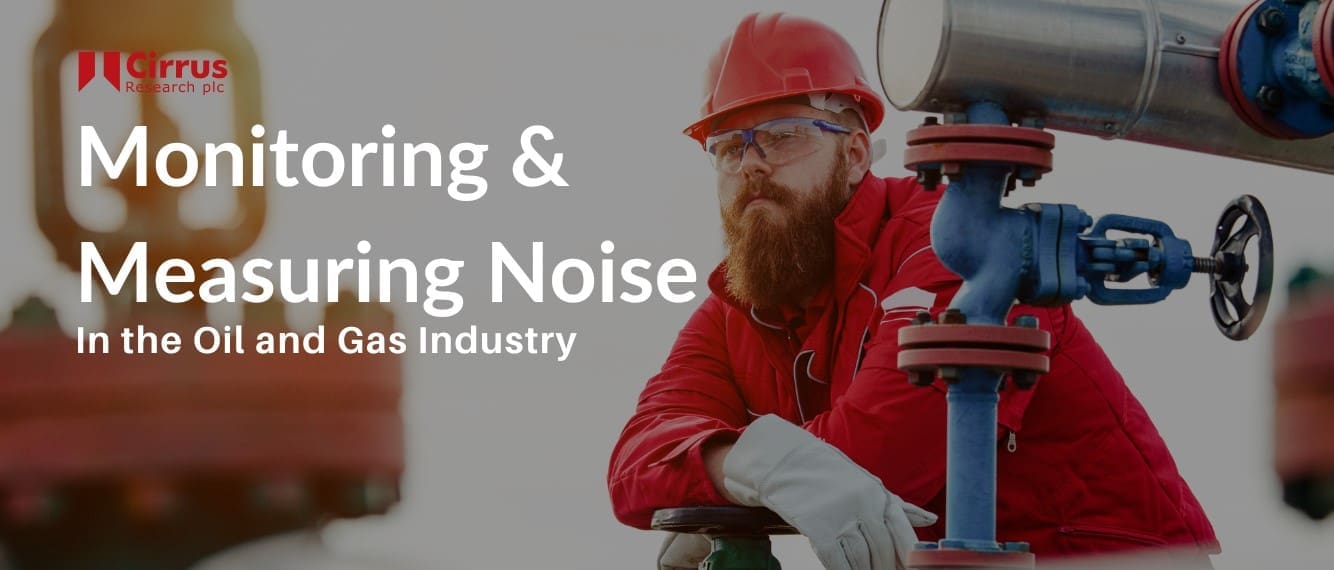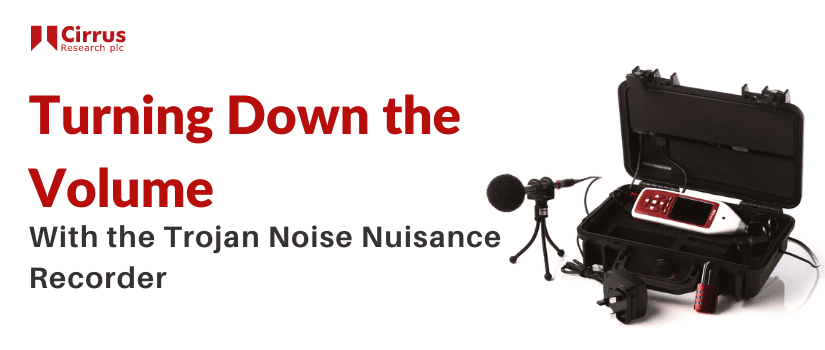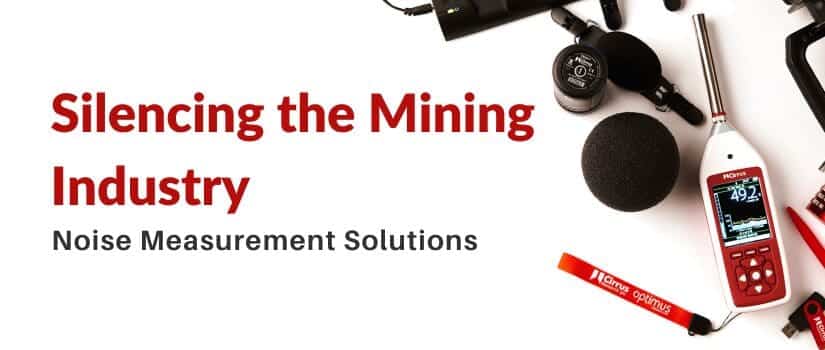Christmas may have only just ended with summer feeling like a lifetime away, but the world-famous Glastonbury festival is already making headlines. Far from being rumours about who this year’s headliners are going to be, the most recent Glasto-gossip focusses on low-frequency propagation.
Although noise pollution isn’t as exciting to talk about as Paul McCartney, Taylor Swift or Diana Ross, it is equally as important, as it poses real challenges for residents living closeby. So much so, that Mendip District Council, the local authority under whose remit the summer festival falls, has identified nine ways in which event organisers need to improve on the performance of previous years, to reduce the risk to public health and safety.
Although the council agreed that the 2019 festival had made marked improvements on the 2017 event, there were still several areas that needed to be addressed, one of which was noise and nuisance.
According to NME, a total of 37 noise complaints were received by the local council during last year’s festival, which was more than two of the previous events. Amongst the recommendations for 2020’s festival, the local authority said that more must be done to prevent low-frequency noise propagation, especially late into the evening.
What is low-frequency noise?
Put simply, low-frequency noise is exactly what it says: sound waves at a low frequency. However, in the context of music festivals, low-frequency sound is produced by music with heavy bass. Typically, this wouldn’t carry too much of a health warning, but during music festivals and concerts, the effects of the low-frequency noise increases, because the sound itself is amplified.
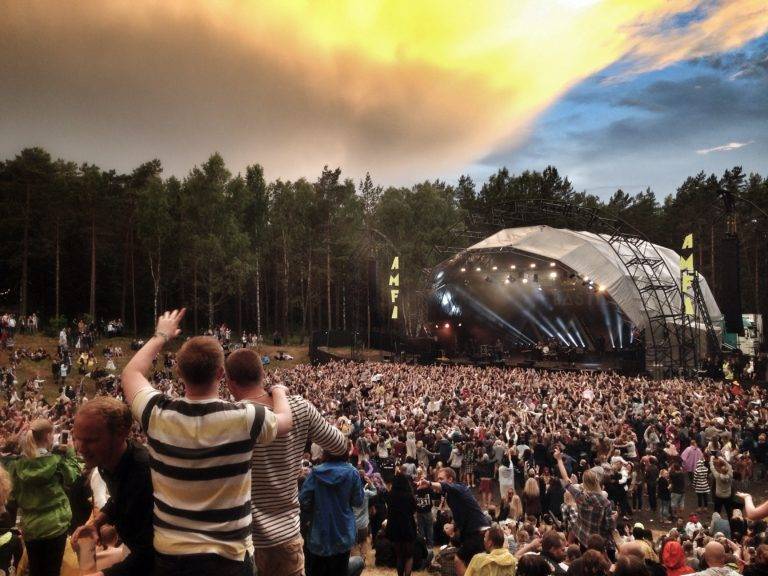

The Glastonbury Festival is one of the world’s most famous music events and is held every year in June, apart from in 2018 when it was cancelled due to poor weather.
Low-frequency noise is one of the leading causes of sound-related disturbance, and according to a 2011 study by the University of Gothenburg, the prevalence of annoyance increases with higher sound pressure levels. The research goes on to explain that low-frequency noise is related to headaches, tiredness, trouble with concentration, irritation and pressure on the eardrum, all of which can ultimately lead to sleep deprivation and in more severe cases, poor mental health.
What can Glastonbury do?
Nobody wants to ruin people’s fun or stifle the experience of live music, but excessive noise poses a number of risks to people’s health, and event organisers must have the correct equipment in place to measure and monitor noise levels, to ensure that the risks are reduced.
Equipment like outdoor monitors at the perimeter of an event and handheld sound meters and noise dosimeters at the event site itself can be used by festivals to monitor, measure and control noise levels to protect workers and residents from the dangers that excessive noise exposure can present.
What does Cirrus offer to help music festivals with noise?
We are incredibly proud to work with both Mendip District Council and Glastonbury Festival, providing them with market-leading acoustic instrumentation to help control noise levels. We offer everything from handheld sound level meters and personal noise dosimeters, to outdoor measurement kits that are perfect for longer-term monitoring.
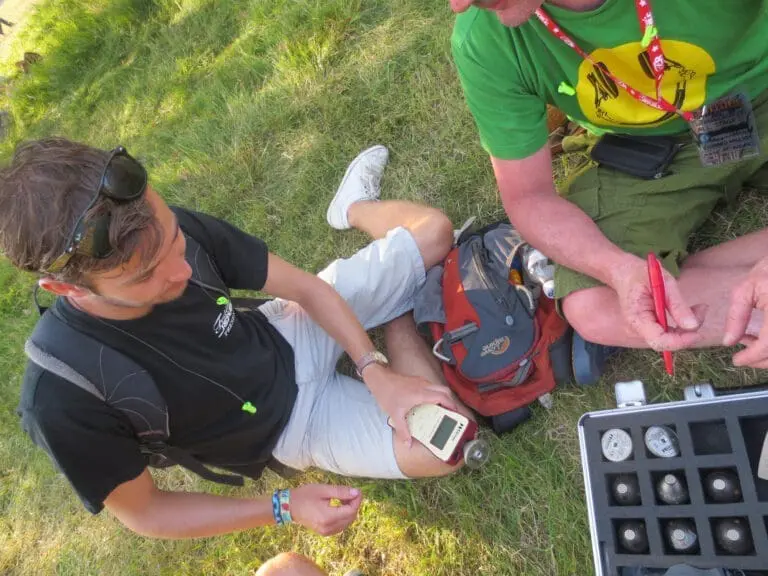

Our doseBadges in action at Glastonbury 2014.
We’re flexible enough to meet the needs of all our partners, which is why we also offer equipment for rental, which means you only pay for what you need when you need it – just like the organisers at Glastonbury!
Find out more about the acoustic solutions we can offer to music festivals:

